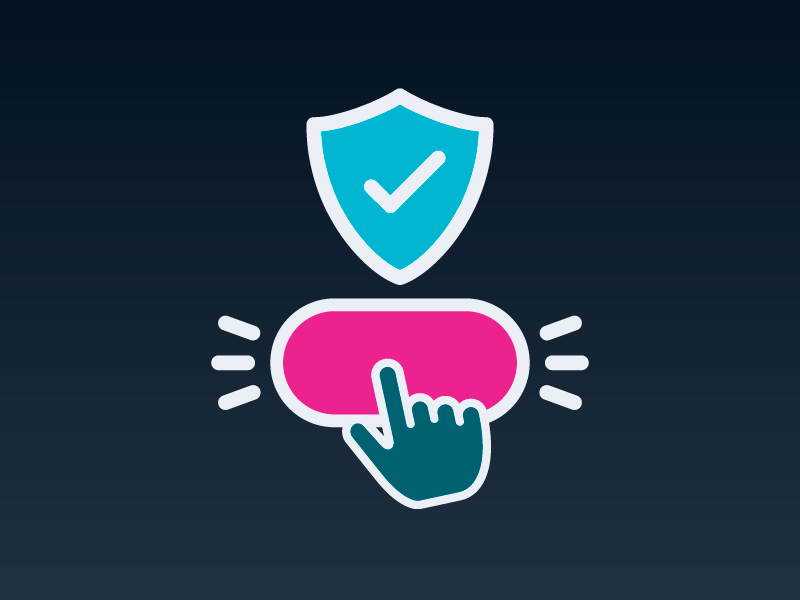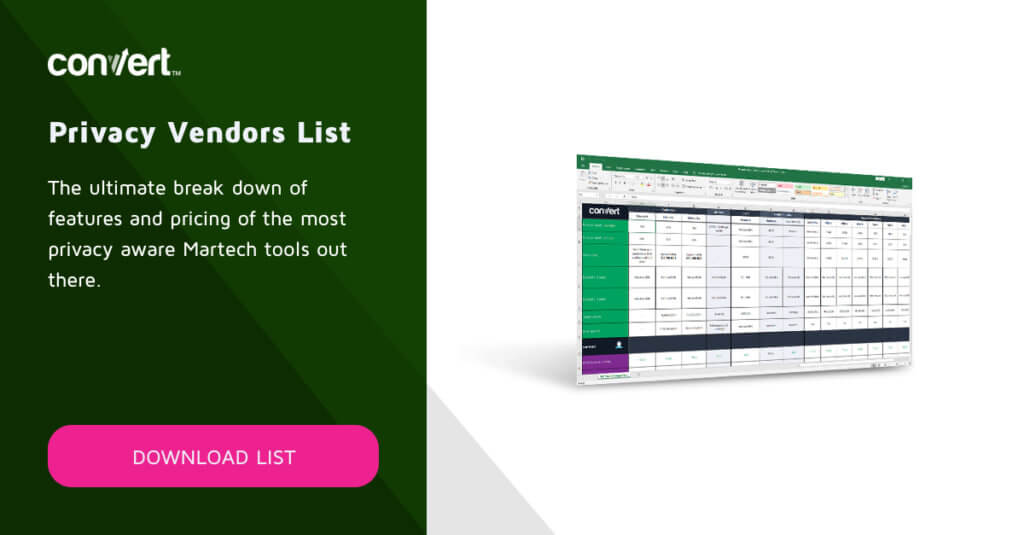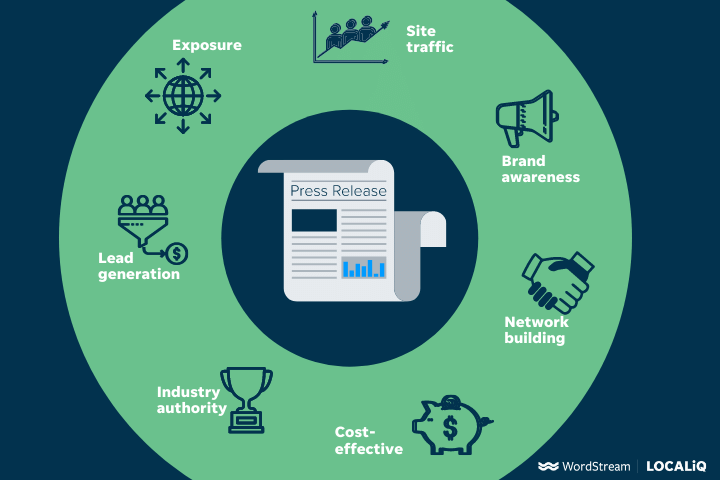27th Jun 2019 – 
The most obvious example of this is the GDPR (General Data Protection Regulation) regulation which has already been implemented in the EU, which is concerned with data protection and privacy for all individuals not just inside the EU, but also inside the European Economic Area. You can expect more and more governments to start imposing these regulations, as well as penalties for those companies and businesses which haven’t taken the issue of privacy and data protection seriously.
That way, you and your suppliers will be ready for potential challenges and security breaches, and you will be able to react to them in a timely manner.
1. Risk Management
Today’s business has a global quality, which certainly has its benefits, but it also makes operations more complex, as you need to make sure that all the players are on the same page, even if they are on different continents, and that includes your suppliers. Now, while it’s impossible to prevent every cybersecurity compromise before it actually happens, it is important to be proactive when it comes to security of your supply chains. As CEO, you need to work closely with your IT department in order to identify the weakest links in your supply chain.
As CEO, you are in charge of overseeing a lot of things, not to mention that you are responsible for the well-being of the entire company, and cybersecurity is one piece of the puzzle which you can’t afford to ignore. Even though it may require more staff, effort, and money, keeping your company safe from cyber criminals is worth every penny, because otherwise, you are risking losing everything.
2. Compliance
Let’s take a look at some numbers. In 2016, Uber was hacked, and information on more than 57 million riders and drivers was stolen. It had a huge impact on Uber, which is a pretty big company. If you are the CEO of a smaller company, keep in mind that most small companies never recover after such an incident. For instance, the average cost of a malware attack on a company is .4 million. All of this indicates that information security is something you need to focus on. With that in mind, we have put together a list of five things every CEO should know about cybersecurity.
Although it’s in the job description of every CEO to know pretty much everything about the company they are running, the truth is that most tend to focus on the business aspect of things. Which is understandable, because their companies need to make money, but cybersecurity is almost as important. It may not seem too crucial when everything is running smoothly, but once your company is hacked or if a data leak happens, you learn how crucial cybersecurity is the hard way. All of a sudden, all of the other aspects of your business no longer matter.
3. Privacy and Industry Regulations
While compliance is not a cybersecurity measure nor does it protect your company from potential threats, all CEOs should pay attention to it, including you, because you don’t want to create additional problems by not complying with rules and regulations. Meeting laws and mandates issued by the government is a must for all companies, and it’s your job as CEO to make sure that this internal framework is implemented, so that your compliance is continuous. Compliance also includes definition of communications and measurement procedures, which allows your business to remain a reputable company, collaborate with the government, and pass an audit on a regular basis.
Finally, compliance with data privacy regulations will allow you to earn your customers’ trust more easily, even if it means more work on your part. Yes, GDPR is primarily there to give more rights to the people when it comes to their data, but it will also put you at a lesser risk as a company. Just remember the Facebook-Cambridge Analytica scandal.
How does this tie into cybersecurity? Well, in case of a cyber-attack, your reputation (not to mention finance) will take a blow, not just because of potentially lackluster cybersecurity infrastructure, but also because you have put your clients data and privacy at risk due to non-compliance with such regulatory norms. Also, the definition of personal data will change, and in order to collect and store that data, you will have to follow more restrictive policies. You will also have to integrate network access endpoints.
Again, while compliance is not a cybersecurity measure, it is something you need to think about, whether you are running a multinational company or a small service where students can buy custom essays.
4. Response to Reputation Damage
While GDPR is mainly concerned with enabling EU citizens to obtain more control over their personal data, your business might still be affected, even if you aren’t doing any business inside the EU. How so? Well, even if you aren’t present on the EU market, your partners, vendors, stakeholders, or customers might be. That means you need to calculate GDPR into your data processing strategy right from the very start.
The entire world is reliant on technology, which means that there is a lot of money to be made by attacking all type of tech companies. As CEO, you should have a clear picture about how much of a risk all those hackers, terrorists, and cybercriminals pose to your business. And if you are thinking they are just some rogue bunch looking to cause chaos, think again. Not only do they demonstrate an incredibly high level of technical skill, but they are also collaborating with one another. Rest assured that they are good enough to take down some governments, let alone companies.
5. Supply Chain Protection
The best approach would be to get on these attacks as soon as possible, because even though you might not be able to undo the financial damage, you may be able to salvage some of your reputation and move on. Ignoring them will just hurt you in the long run, because it will impact the trust, not just between you and your client, but also between you and your partners and suppliers as well.
In such an unfavourable landscape, companies need to be prepared for such events and treat them as a possibility. According to Assignment Masters, investing in resilience to those attacks will not only reduce the chance of those events happening by a huge margin, but it will also minimize their impact once they take place.
Summary
Although it is not something tangible, your brand’s reputation is one of the most valuable things about your company. We have already mentioned that cyber-attacks are getting more complex and sophisticated, and as a result, a lot of companies never recover from them, not just because of the massive financial damage, but also because they have lost their previous good reputation. As CEO, you should be prepared to deal with this challenge as well.








